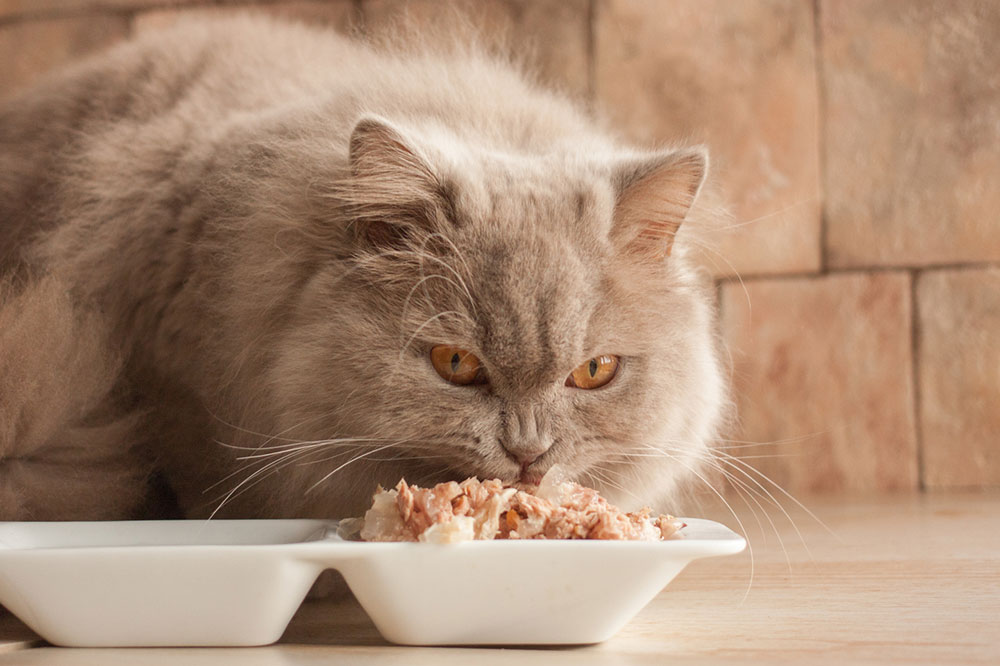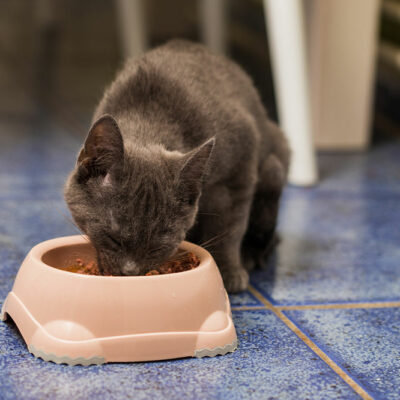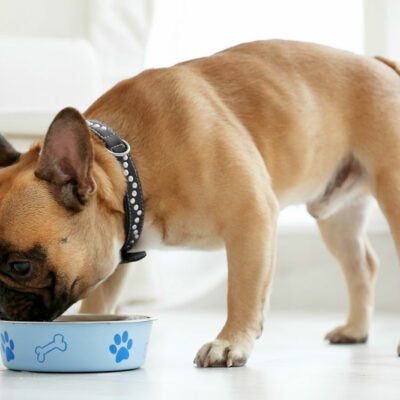
7 Human Foods That Harmful for Cats
Ever found your cat purring around your legs begging for scraps when you’re sitting at the dinner table? You may feed it a tiny piece of cheese, but it could be harmful to the wellbeing of your feline. In fact, any food not specifically designed for cats can put their digestive system in a whirl. Here is a list of foods a cat should not be fed.
Garlic and Onions
Onions, garlic, shallots, chives, or other foods that contain thiosulphate should not be fed to cats. They can cause serious health problems that can even prove fatal. Eating a large quantity of garlic or given a handful each day can deplete a cat’s red blood cell count, resulting in anemia.
Dairy
You may have come across pictures of cats drinking milk from a saucer. However, a cat’s body is not equipped to digest any kind of dairy, including milk, cheese, cream, and eggs. Most cats are lactose intolerant, which means feeding them any kind of dairy products can cause vomiting and diarrhea.
Chocolate
You may find chocolate delicious, but this cocoa-based product contains two ingredients highly toxic for cats: theobromine and caffeine. Both milk and dark chocolate are potentially dangerous and can cause vomiting, diarrhea, increased body temperatures, rapid breathing or heart rate, and seizures. In rare cases, cats can also suffer from heart failure or coma.
Alcohol
Beer, wine, and alcohol-infused foods can cause a serious problem to a cat’s digestive tract. Other problems like breathing difficulties, disorientation, and even death may occur. Even a tiny amount of alcohol can lead to a serious health concern. So, it’s best to always clean even a tiny bit of alcohol spill on the coffee table.
Grapes and Raisins
These foods are known to cause kidney failure in cats. Even a little amount can make a cat very ill. Some of its early signs are vomiting and hyperactivity. Although some cats may show no side effects, it’s best to not keep grapes or raisins out on a countertop.
Raw Meat and Seafood
Just because a wild cat can consume raw meat does not necessarily make it safe for your house feline. Uncooked meat and seafood often contain disease-causing bacteria and parasites like salmonella, E. coli, toxoplasma, and tapeworm. You must cook or prepare the seafood or meat before feeding your cat to avoid constant trips to the vet.
Bones
Your leftovers will often contain fat trimmings or bones and if you find your cat near the trashcan chomping some of it, stop it immediately. Cooked or uncooked fats can make their stomach upset. Bones can also tear or cause an obstruction if it gets stuck in your cat’s digestive system.


